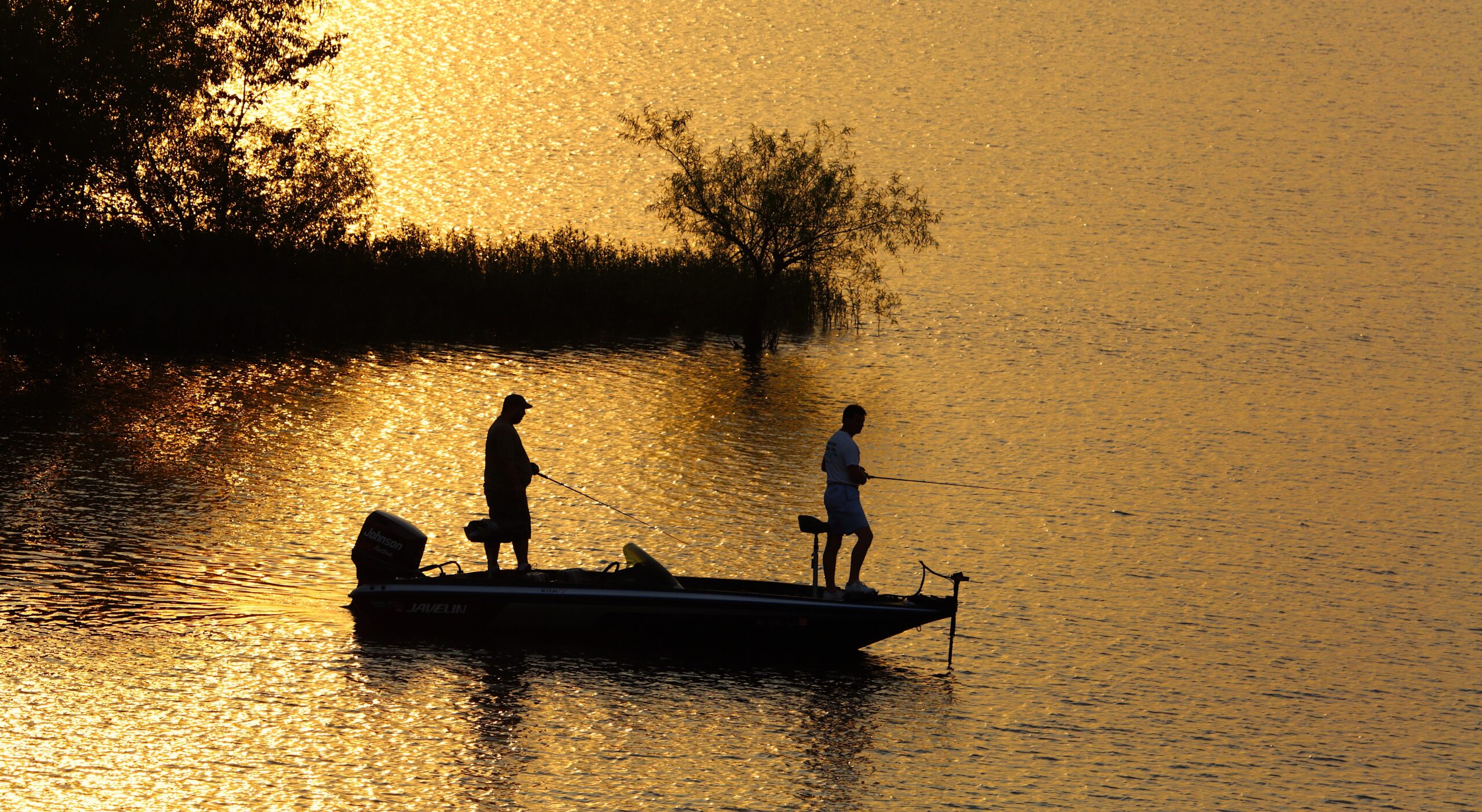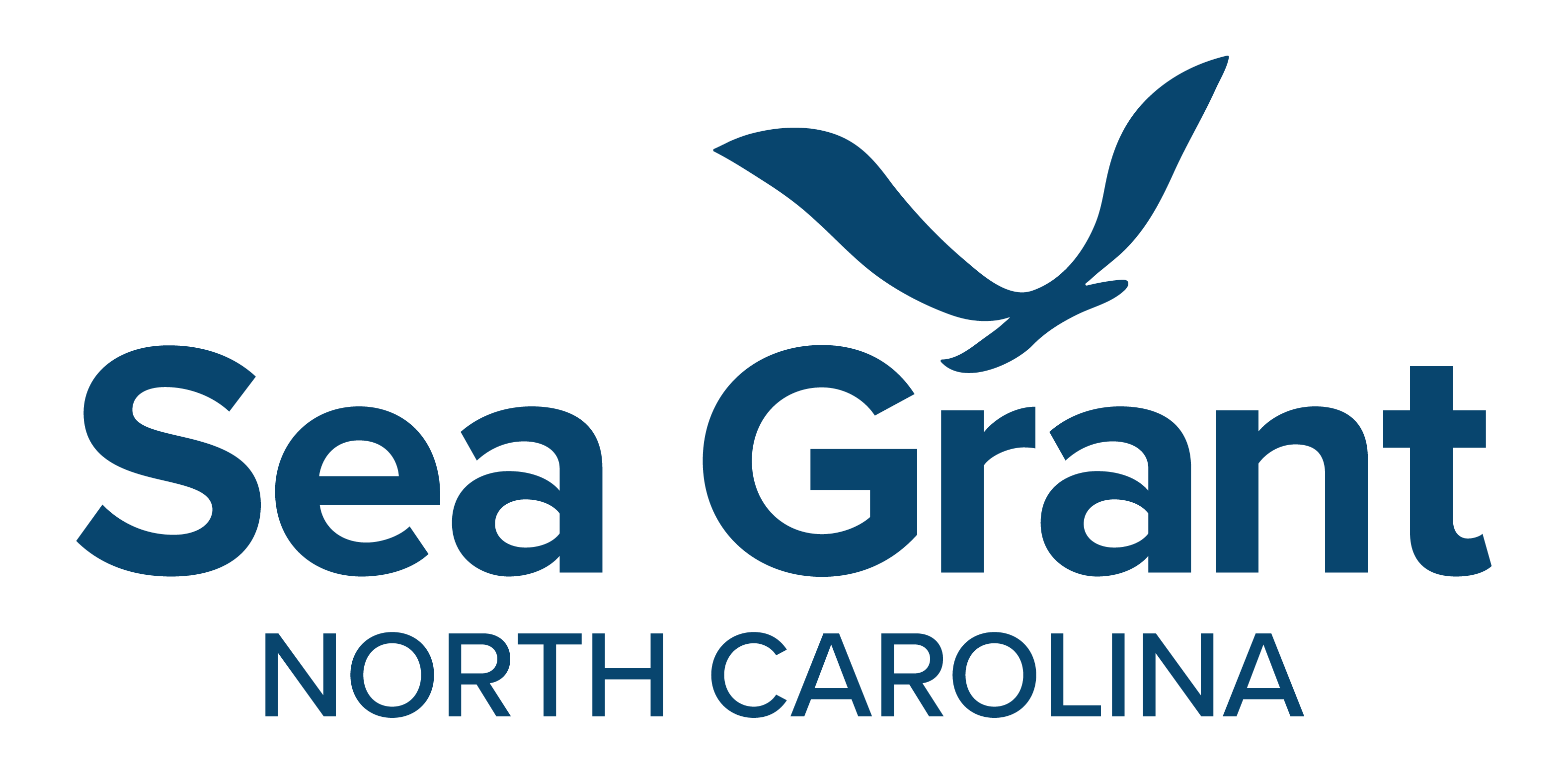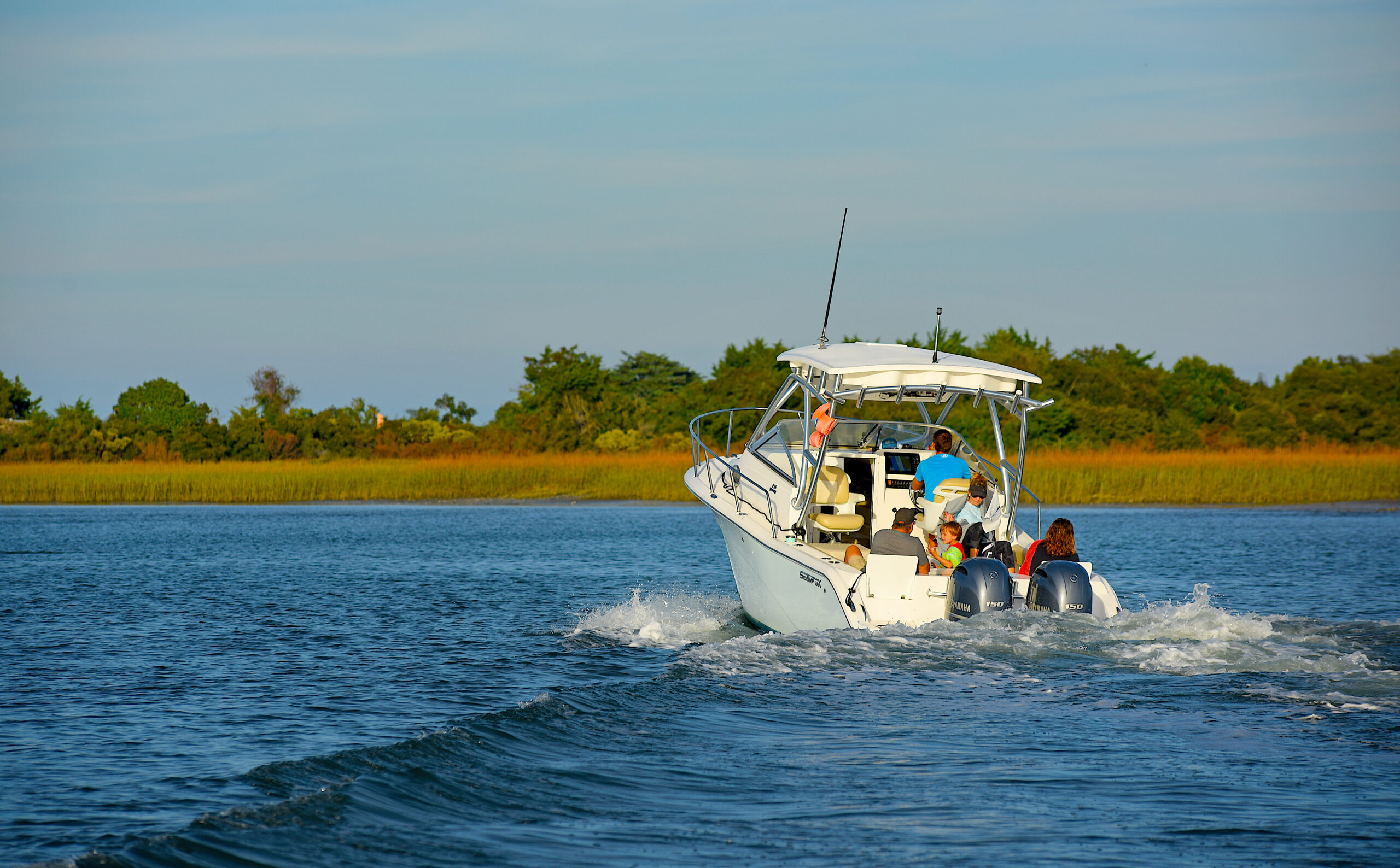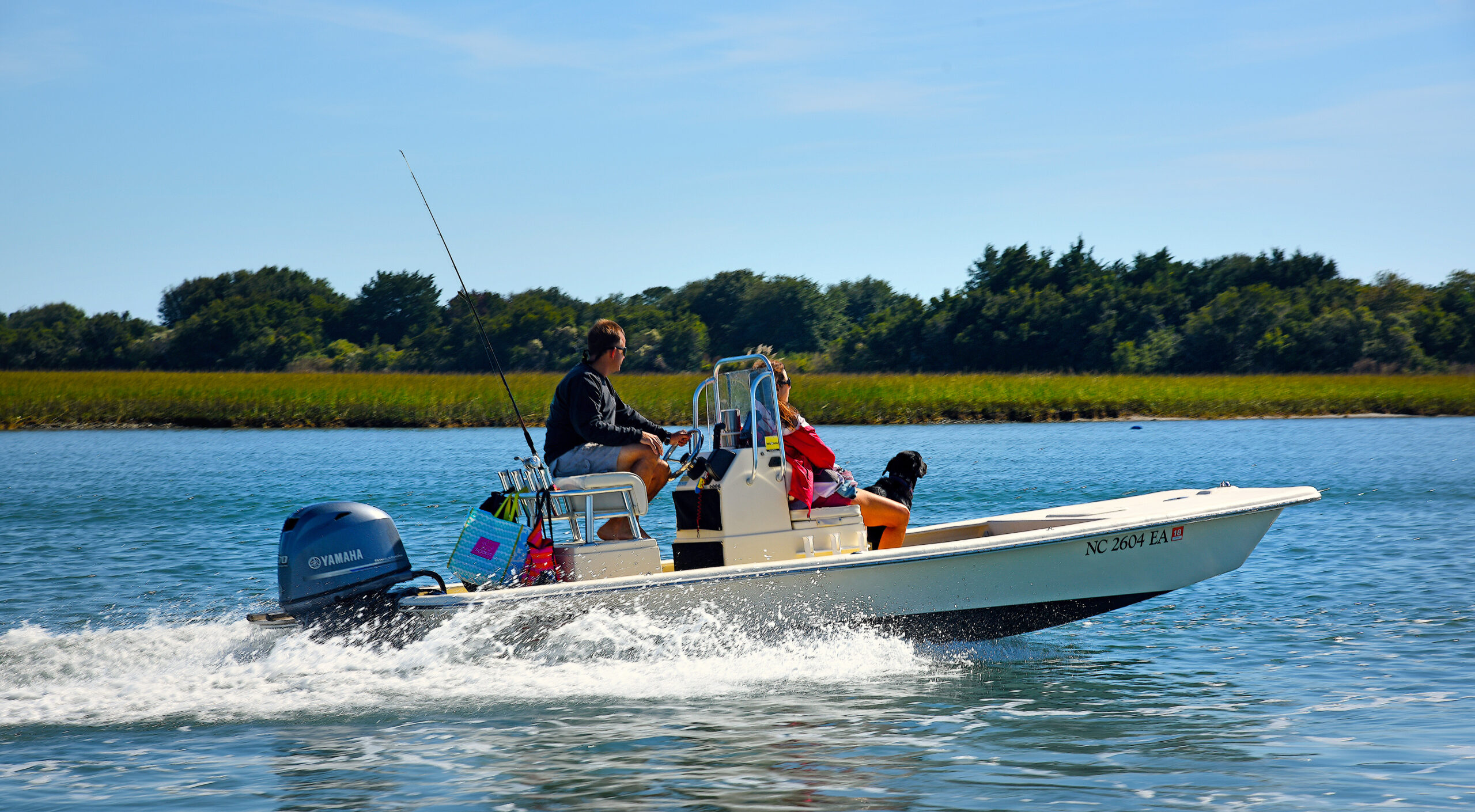How Did Anglers Relieve Stress When the Pandemic First Hit?

They fished more.
Research Need
Recreational fishing is one of the most popular activities in the U.S., where an estimated 44 million people identify as anglers. Given the ubiquity and importance of angling, we wanted to understand if anglers changed their habits during the first few months of the pandemic.
What did we study?
We sent a random sample of anglers in 10 states an email with a survey about their fishing habits before and during the pandemic. Survey questions covered how many fishing trips they made, their reasons for fishing, access to fishing locations, and their perceived safety while fishing.
What did we find?
Nearly 18,000 licensed anglers participated in our survey. Overall, we found that people fished more during the start of the pandemic than in the previous year. In fact, about one out of five anglers took an additional fishing trip.
We also found that reasons for fishing were related to increased free time and stress relief.
Fishing access was limited for some anglers, but it also varied a lot by state; however, around 95% of anglers reported that fishing was a safe activity during the pandemic.
Anything else?
We should not assume recreational anglers are a homogenous group. Indirectly, we found evidence that angler attitudes and behaviors varied a lot by state. Part of this also might have to do with how states determined fishing regulations and access.
So what?
Fishing is a widespread and important activity in the U.S. Our study strongly suggests that anglers perceive fishing as a pandemic-friendly activity, and we found evidence that anglers fished more during the pandemic even if their reasons for fishing changed. Access to natural resources has always been important, and the various benefits — stress relief, family bonding, food — likely increased during the first year of the COVID-19 pandemic.
Reading
Midway, S. R., A. J. Lynch, B. K. Peoples, M. Dance, R. Caffey. 2021. COVID-19 influences on US recreational angler behavior. PLOS ONE. 16(8):e0254652.

Summary compiled by Steve Midway (left), associate professor in the Department of Oceanography and Coastal Sciences at Louisiana State University. He studies a variety of aspects of fisheries ecology, and his work includes basic biology and life history, species–environment interactions, and the use of hierarchical Bayesian models, among other tools. He earned a master’s from NC State in 2009 and a doctoral degree from UNC Wilmington in 2013.
Lead photo credit: Don McCullough via CC-BY-2.0, CreativeCommons.org.
The text from Hook, Line & Science is available to reprint and republish at no cost, but only in its entirety and with this attribution: Hook, Line & Science, courtesy of Scott Baker and Sara Mirabilio, North Carolina Sea Grant.
- Categories:



